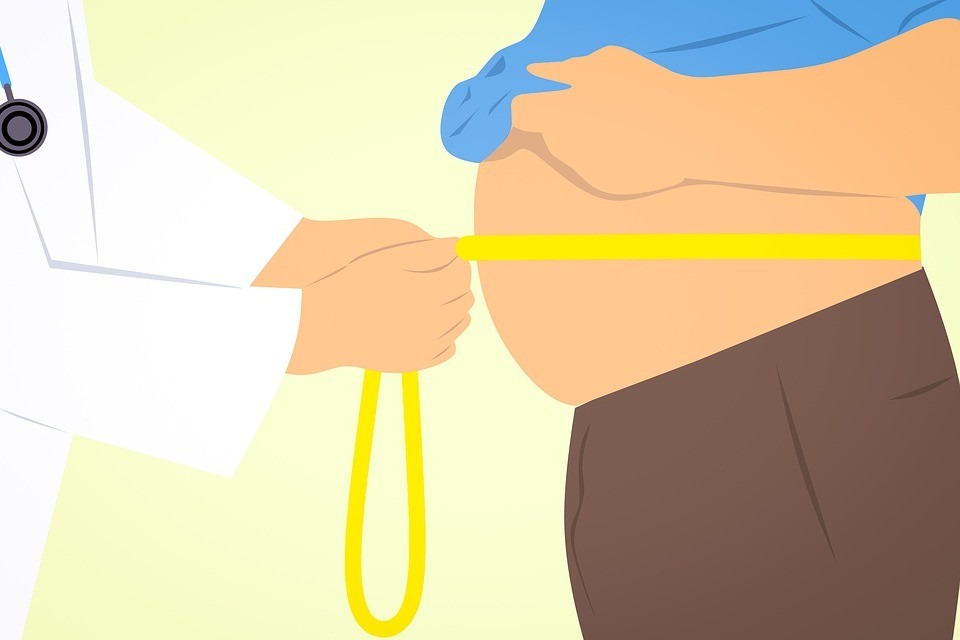Sugar is a staple in many diets around the world, often found in processed foods, beverages, and even some “healthy” alternatives. While sugar can provide a quick burst of energy, excessive consumption can lead to serious health issues. Understanding the side effects of overconsuming sugar is essential for maintaining a healthy lifestyle. In this article, we explore nine significant health impacts associated with high sugar intake.
1. Weight Gain and Obesity

One of the most common side effects of consuming too much sugar is weight gain. Sugary foods and beverages are high in calories and often low in nutritional value. Excess sugar is converted into fat by the liver and stored in the body. Furthermore, sugar can increase hunger and cravings, leading to overeating. Studies show that sugary drinks, in particular, contribute significantly to the rise in obesity rates worldwide.
Key Point:
Sugary foods are calorie-dense and can lead to unhealthy weight gain, especially when consumed in large amounts.
2. Increased Risk of Type 2 Diabetes

Excessive sugar consumption can lead to insulin resistance, a condition where the body’s cells fail to respond to insulin effectively. This can result in elevated blood sugar levels and, over time, may progress to type 2 diabetes. High-sugar diets have been directly linked to the global increase in diabetes cases.
Key Point:
Frequent consumption of sugary foods and drinks can disrupt insulin function, increasing the risk of developing diabetes.
3. Heart Disease

Overeating sugar is associated with a higher risk of heart disease. Diets high in sugar can lead to obesity, inflammation, and elevated blood pressure—all significant risk factors for cardiovascular diseases. Additionally, sugar contributes to the buildup of fatty deposits in blood vessels, which can restrict blood flow and increase the likelihood of heart attacks and strokes.
Key Point:
Sugar negatively impacts heart health by contributing to risk factors like high blood pressure and inflammation.
4. Dental Problems

Sugar is a primary cause of cavities and tooth decay. When sugar interacts with bacteria in the mouth, it creates acids that erode tooth enamel. Over time, this can lead to cavities, gum disease, and other dental issues. Avoiding sugary snacks and practicing good oral hygiene can help mitigate these risks.
Key Point:
Frequent sugar consumption fosters bacterial growth, leading to tooth decay and other dental issues.
5. Liver Damage

High sugar intake, particularly fructose, can overload the liver. The liver processes fructose, and when consumed in excess, it converts it into fat. Over time, this can lead to non-alcoholic fatty liver disease (NAFLD), a condition characterized by fat buildup in liver cells. NAFLD is increasingly common in people with high-sugar diets.
Key Point:
Excess fructose can strain the liver, resulting in fat accumulation and potential liver damage.
6. Increased Risk of Cancer
There is growing evidence linking high sugar consumption to certain types of cancer. Obesity, inflammation, and insulin resistance—all of which are associated with excessive sugar intake—are known risk factors for cancer. High-sugar diets may also promote the growth of cancer cells by providing them with readily available energy.
Key Point:
Sugar can indirectly contribute to cancer development by exacerbating obesity and inflammation.
7. Accelerated Aging
Sugar can affect your skin’s appearance by accelerating the aging process. Excess sugar binds to proteins in the body to form advanced glycation end products (AGEs), which damage collagen and elastin—the proteins that keep skin firm and youthful. This can result in premature wrinkles and sagging skin.
Key Point:
Sugar speeds up skin aging by damaging essential proteins responsible for elasticity and firmness.
8. Mood Swings and Mental Health Issues

Consuming large amounts of sugar can negatively impact mental health. While sugar provides a quick energy boost, it is often followed by a “crash,” leading to mood swings, fatigue, and irritability. Long-term high sugar intake has also been linked to an increased risk of depression and anxiety.
Key Point:
High sugar intake can destabilize energy levels and contribute to mental health challenges like depression.
9. Weakened Immune System
Sugar can impair the immune system’s ability to fight off infections. Research suggests that excessive sugar consumption suppresses the activity of white blood cells, which are essential for immune defense. This can leave the body more vulnerable to illnesses and infections.
Key Point:
Excess sugar weakens immune function, reducing the body’s ability to combat infections.
Tips to Reduce Sugar Intake
Cutting back on sugar can improve overall health and reduce the risk of these side effects. Here are some practical tips:
- Read Labels: Check for hidden sugars in packaged foods and drinks.
- Limit Sugary Beverages: Opt for water, herbal teas, or unsweetened drinks.
- Choose Whole Foods: Focus on fruits, vegetables, lean proteins, and whole grains.
- Use Natural Sweeteners: Replace refined sugar with healthier alternatives like honey or stevia.
- Cook at Home: Preparing meals at home allows you to control sugar content.
Conclusion
Overconsuming sugar is more than just a dietary concern—it’s a significant health risk. From weight gain and diabetes to heart disease and mental health issues, the side effects of excessive sugar intake are extensive and severe. By understanding these risks and taking steps to limit sugar consumption, you can lead a healthier, more balanced life. Remember, moderation is key, and small changes in your diet can make a big difference in your overall well-being.